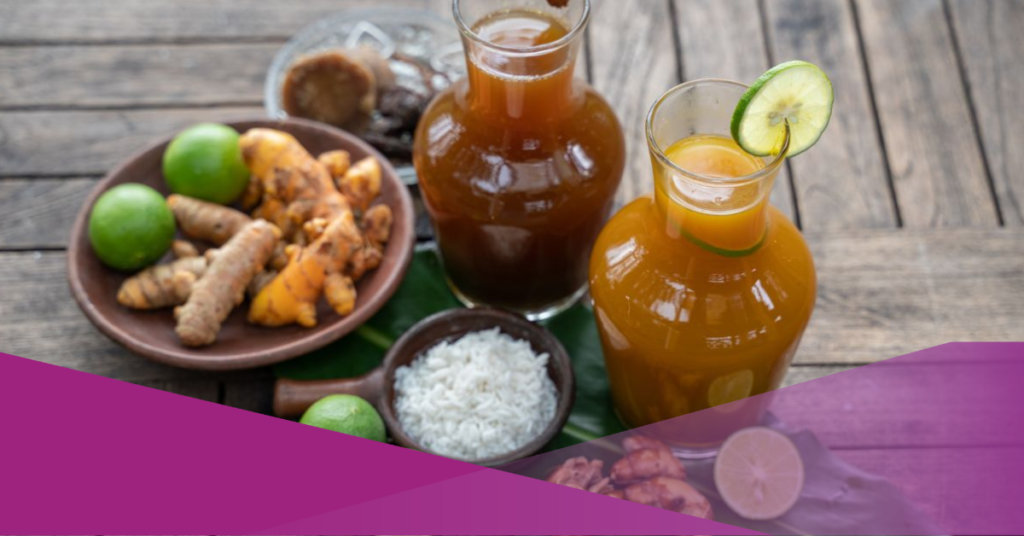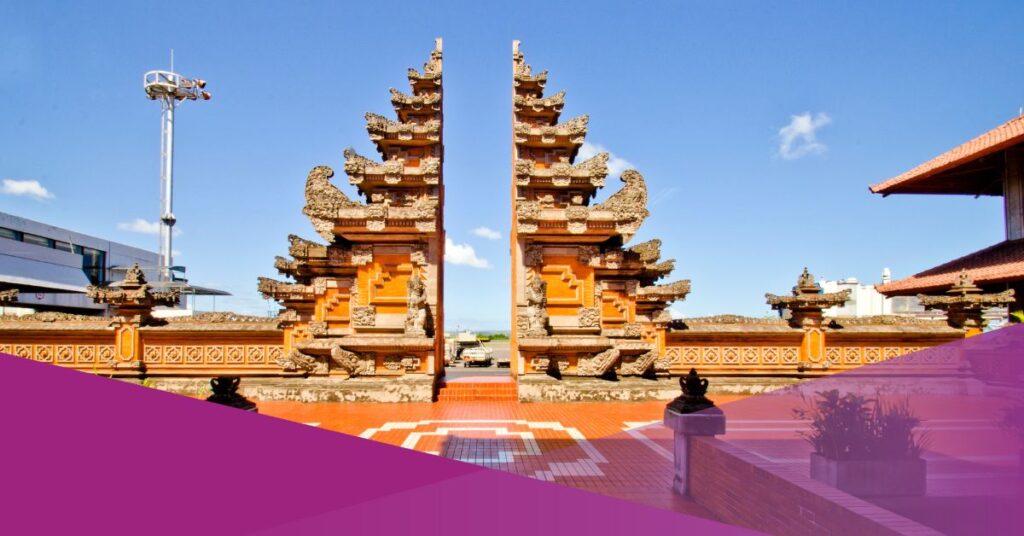UNESCO officially recognized Jamu Wellness Culture as the 13th Intangible Cultural Heritage of Indonesia, endorsing its inclusion in the UNESCO Education, Science, and Culture organization on 6 December 2023.
The designation of herbal medicine into UNESCO’s intangible cultural heritage occurred during the 18th session of the Intergovernmental Committee for Safeguarding the Intangible Cultural Heritage in Kasane, Botswana. This announcement was made by Nadiem Makarim, the Minister of the Indonesian Ministry of Education, Culture, Research, and Technology, through his Instagram account.
Nadiem Makarim extended his appreciation to the producers, gatherers, sellers, researchers, and herbal medicine enthusiasts, acknowledging their dedication to preserving the herbal ecosystem and enhancing Indonesia’s pride.
He encouraged individuals to consume more herbal medicine, contributing to the sustainable economic cycle of MSMEs selling herbal remedies. The Jamu wellness culture aligns with UNESCO’s sustainable goals, fostering:
- Goal No. 3: Health and Wellbeing
- Goal No. 5: Gender Equality
- Goal No. 12: Responsible Production and Consumption
- Goal No. 16: Life on Land
13 Indonesian Cultural Traditions Honored as UNESCO Intangible Heritage
Since 2018, the culture of health and herbal medicine has gained prominence and acknowledgement by the Indonesian Ministry of Education and Culture, culminating in its successful recognition as a UNESCO Intangible Cultural Heritage. Over the past decade, UNESCO has acknowledged various elements as intangible cultural heritage from Indonesia, including:
- Wayang (2008)
- Keris (2009)
- Batik (2009)
- Batik Education and Training (2009)
- Angklung (2010)
- Saman Dance (2011)
- Noken (2012)
- Three Traditional Dance Genres in Bali (2015)
- The Art of Pinisi Shipbuilding (2017)
- Pencak Silat Tradition (2019)
- Pantun (2020)
- Gamelan (2021)
- Healthy Culture Herbal Medicine (2023)
Everything You Need to Know About Jamu, Most Popular Indonesia’s Traditional Herbal Drinks

Jamu, a beverage crafted from an assortment of Indonesian spices, is an herbal remedy. The components utilized in this traditional medicine encompass a broad array of extracts, including turmeric, lemongrass, ginger, cloves, cinnamon, and more.
Jamu and other herbal remedies in Indonesia are readily available in traditional markets or roadside stalls. These remedies come in various types and are favoured by the people, ranging from Jamu Beras Kencur, Jamu Kunir Asem, Jamu Uyup-uyup, to Jamu Pahitan.
Jamu generally presents a sweet and warm taste upon consumption. However, for the more bitter variety, such as Jamu Pahitan, the taste is distinctly bitter, and drinking Jamu Kunir Asem immediately afterwards can counteract this.






























